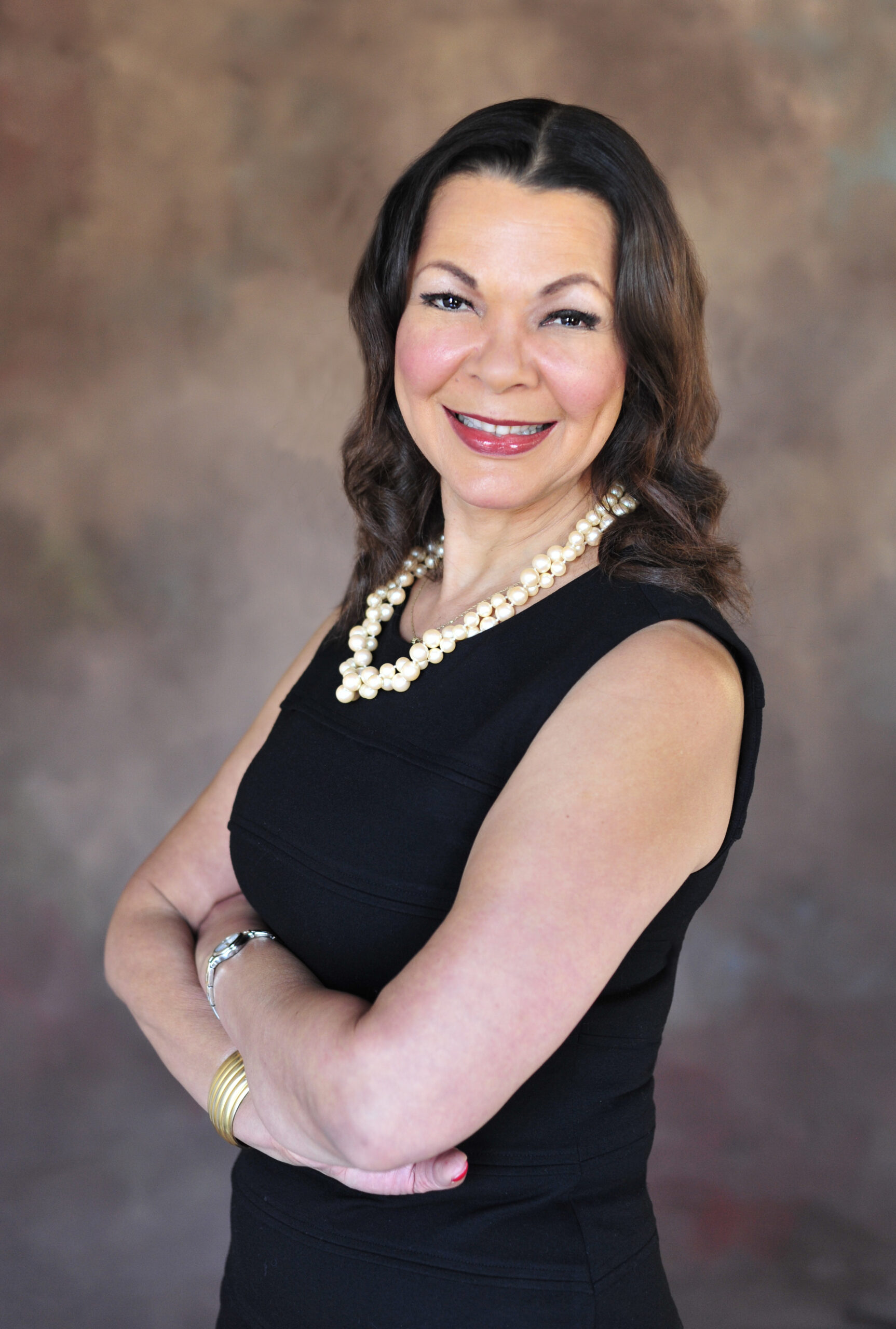

Story of the Week
Learn More About How Linda Mercado Greene Is Making A Difference In The Cannabis Industry
 Meet Linda Mercado Greene, a proud cannabis equity advocate, entrepreneur, and Co-Founder of the D.C. Cannabis Trade Association (DCCTA), where she also serves as the Board Chair. In her position, Linda leads the association in a proactive effort to increase diversity, equity, and overall access to cannabis, for all residents and visitors to the District of Columbia. Linda and I had a chance to talk where I learned more about her work as a cannabis advocate, particularily for people of color. Along with the issues regarding racial and social equity for cannabis.
Meet Linda Mercado Greene, a proud cannabis equity advocate, entrepreneur, and Co-Founder of the D.C. Cannabis Trade Association (DCCTA), where she also serves as the Board Chair. In her position, Linda leads the association in a proactive effort to increase diversity, equity, and overall access to cannabis, for all residents and visitors to the District of Columbia. Linda and I had a chance to talk where I learned more about her work as a cannabis advocate, particularily for people of color. Along with the issues regarding racial and social equity for cannabis.
Q: Can you share more about the D.C. Cannabis Trade Association, its purpose, and its mission here in the District?
Linda Mercado Greene: The DC Cannabis Trade Association (DCCTA) is a membership organization that is a coalition of legally licensed cannabis businesses, ancillary businesses, medical professionals, and other trade associations.
We work together to collaborate on common interests within the industry, in the best interest of our community, which includes both federal and local lobbying, providing insight on how to enter the District’s legal cannabis industry, working to improve social equity opportunities and laws, general cannabis education to the general public and consumers.
Q: Can you speak to the importance of regulated cannabis?
Linda Mercado Greene: Purchasing cannabis from a legal dispensary guarantees that the product is regulated and has undergone rigorous government inspection processes. This is key to ensuring the product is safe for consumption, which is especially critical here in the District, where the illegal market is increasing in popularity.
Check out a list of DCCTA member legal dispensaries here.
Q: Due to the passing of I-71 bill, many entities in the District have been illegally operating as cannabis providers via “gifting”. Can you please elaborate on gifting and why it’s dangerous for D.C. residents?
Linda Mercado Greene: Gifters are selling edible products that are produced in kitchens not inspected by the Department of Health Food Safety division, in potencies far greater than permitted in the medical. Gifters are also selling flowers and other cannabis products that are not grown in the District of Columbia because the legally licensed cultivators will not and cannot sell to these places. Their products are being brought into our city illegally and against federal law.
The city’s regulated and taxed medical marijuana dispensaries have seen a substantial erosion of their business to the illegal market as gifting storefronts have flourished.
Q: We know that historically, the War on Drugs disproportionately impacted black communities, here in D.C. and around the country. Considering the plant is now legal, how is D.C.’s legal cannabis environment prioritizing equity?
Linda Mercado Greene: Washington D.C. was devastated by the War on Drugs. D.C. is a majority-minority city, but at that time, the African-American population was nearly double, and unfortunately, the city’s black community felt the ramifications of the drug war the most. We’re committed to writing those wrongs as best possible by prioritizing diversity and equity, as well as immediate expungements in the present-day industry.
The ownership of the legal DC dispensaries is one of the most diverse in the country, with the majority of the owners (57%) being minorities. We provide tools and support to help diverse individuals enter the cannabis industry in Washington, D.C. These legal and legitimate minority-owned small medical cannabis businesses are providing a safe product and significant tax revenue to DC.
Q: How has your experience been as a black woman leader and influencer in cannabis?
Linda Mercado Greene: It’s been extremely rewarding to lead at the forefront of the cannabis industry, both here in the District of Columbia, and beyond. Cannabis has so many holistic health benefits, and it’s exciting to help educate the public, including legislators about those. Particularly, the black community, because of the heightened stigma that exists because of the War on Drugs.
Additionally, the legal cannabis industry is generating billions of dollars a year, presenting a plethora of economic opportunities. With that, it’s critical that we prioritize equity and make space for minorities in the industry as licensees and the ancillary businesses.









